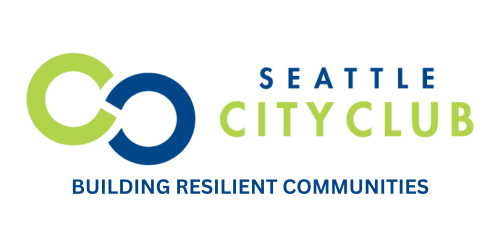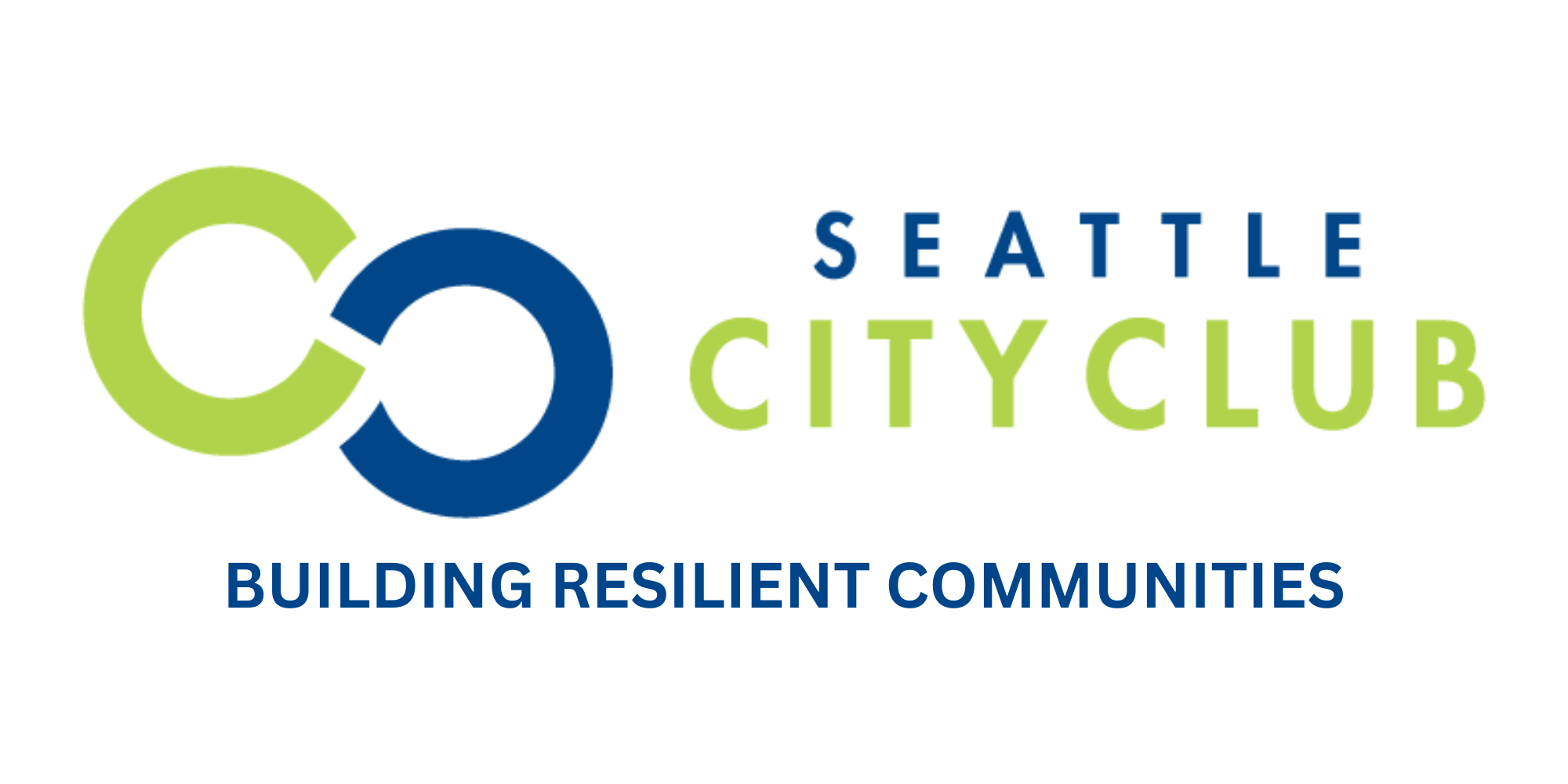Seattle CityClub convened a roundtable of public health experts on March 13 to discuss the coronavirus and related challenges facing homeless communities, people of color, and immigrant and refugee populations.
“Viruses do not discriminate,” said Equity Officer for Public Health – Seattle & King County, Mariel Torres Mehdipour.
Torres Mehdipour was joined by three more experts working with underserved populations in an online roundtable moderated by Seattle CityClub’s Jeff Carter. All four stressed how critical it is to include marginalized communities in efforts to combat the spread of coronavirus.
In particular, communities for whom English is not the primary language can cause costly delays in the dissemination of crucial information. Overlooking these individuals can have drastic effects as parts of the population miss out on best health practices and containment orders.
“We are quite concerned about the problem of health inequity, particularly for people who have barriers to accessing health care, such as those who are limited English proficient,” said Northwest Health Law Advocates Executive Director Janet Varon.
Rana Amini, health services manager for International Community Health Services (ICHS), agreed, saying that community groups focused on marginalized populations “can be the first line to share information and get resources” to their communities.
That includes making information more accessible.
“We need help bringing more, good, solid, reliable programs to people,” said Julia Shi, director of nursing services at Kin On Health Care Center. “We have a lot of valuable resources out there, and I hope there’s a way to consolidate them.”
Uncertain times have historically produced fear toward unfamiliar communities. As state and national emergencies are declared, Seattle’s local experts worry this will happen again. While everyone should be following CDC and Public Health – Seattle & King County guidelines, Torres Mehdipour has one other recommendation for residents to help us through the crisis.
“Be kind to one another,” she said. “It’s a community. It takes a village not just to raise a child, but to stay healthy.”
PANELISTS
- Mariel Torrres-Mehdipour, Equity Officer for Public Health – Seattle and King County
- Rana Amini, Health Services Manager at ICHS (International Community Health Services)
- Janet Varon, Executive Director of Northwest Health Law Advocates
- Julia Shi, Director of Nursing Services at Kin On Health Care Center
RESOURCES
King County’s anti-stigma resource guide
WA Health Benefit Exchange coronavirus FAQ
King County’s COVID-19 fact sheet
ABOUT
International Community Health Services (ICHS) is deeply rooted in the Asian Pacific Islander community and provides culturally and linguistically appropriate health and wellness services and promotes health equity for all. ichs.com.
Kin On honors, supports, and advocates for our Asian elders and families in the Puget Sound region by offering culturally and linguistically appropriate health, social, and educational services. kinon.org.
Public Health – Seattle & King County works to protect and improve the health and well-being of all people in King County as measured by increasing the number of healthy years that people live and eliminating health disparities. kingcounty.gov/depts/health.
Northwest Health Law Advocates is the consumer voice in the health care debate. It aims to improve access to health care for all Washington residents in furtherance of health as a human right. nohla.org.
Seattle CityClub is a nonpartisan, 501(c)(3) nonprofit organization improving the civic health of the Puget Sound region by providing programs that bridge politics, sectors and generations to inform and engage residents and community leaders. seattlecityclub.org.

